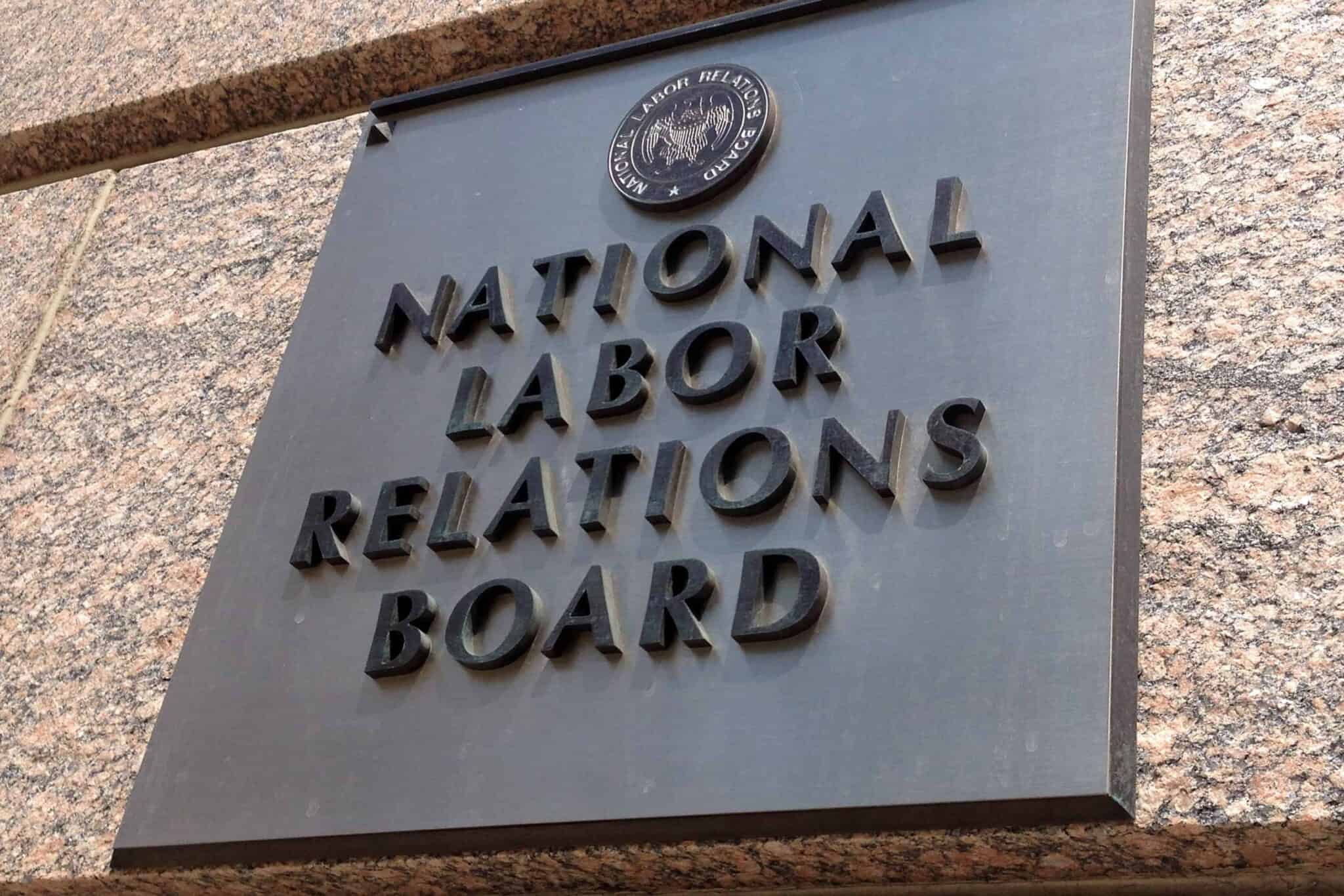
Ted Parker is a student at Harvard Law School and a member of the Labor and Employment Lab.
In today’s news and commentary, the DC Circuit is poised to rule on the deference it owes to the NLRB, more cases on religious vaccine exemptions, and the Senate considers a ban on forced arbitration in age discrimination claims.
The DC Circuit is poised to issue its first opinion on what deference is owed to NLRB interpretations of the NLRA since Loper-Bright Enterprises v. Raimondo was decided. A DC Circuit panel heard oral arguments last week in Hospital Menonita de Guayama v. NLRB, which turns on the NLRB’s power to interpret the NLRA as authorizing a “successor bar” (i.e., a requirement that the new owners of a company recognize a pre-existing union). In theory, the court could still defer to the agency, since deference to the NLRB precedes the Chevron doctrine and rests on different bases. In any case, the panel’s eventual decision will likely be significant to the extent that it would set circuit precedent in the NLRB’s most frequent venue.
Last week, Henry reported on the Ninth Circuit’s ruling against a group of firefighters claiming a religious exemption to a COVID-19 vaccination mandate. This ruling adds to a flurry of activity around similar cases. Recently, an Illinois jury found for a Chicago Transit Authority employee in essentially the same position, awarding him $450,000 in damages. On the other hand, a Pennsylvania federal district court dismissed a similar claim by an employee terminated by 3M for refusing the vaccine. There, the court was skeptical of the employee’s “flexible” religious beliefs but ultimately rested its decision on the hardship her refusal would have caused the company. Finally, a Fifth Circuit panel heard oral arguments last week in Kincannon v. United Airlines Inc., a class action case against United for its policy of putting employees who refused the vaccine on unpaid leave. While the district court certified this class of employees, the panel struggled with how a class based on religious sincerity (which would seem to demand individualized determinations) could be certified.
Finally, Bloomberg reports on a hearing held by the Senate Special Committee on Aging to consider arguments for the Protecting Older Americans Act (POAA). The POAA would allow employees suing their employers for age discrimination to have their day in court rather than be forced into private arbitration, where the deck is stacked against them. Notably, advocates for the bill used the Ending Forced Arbitration of Sexual Harassment and Sexual Assault Act (EFAA) as proof of concept for the POAA. The EFAA, which was passed in 2022 with bipartisan support, has shown this type of legislation does not lead to “a deluge of lawsuits, and certainly not of frivolous lawsuits.” If the POAA passes, it could form a link in the chain starting with the EFAA and ending, advocates hope, in a ban on all forced arbitration of workplace disputes.






Daily News & Commentary
Start your day with our roundup of the latest labor developments. See all
December 22
Worker-friendly legislation enacted in New York; UW Professor wins free speech case; Trucking company ordered to pay $23 million to Teamsters.
December 21
Argentine unions march against labor law reform; WNBA players vote to authorize a strike; and the NLRB prepares to clear its backlog.
December 19
Labor law professors file an amici curiae and the NLRB regains quorum.
December 18
New Jersey adopts disparate impact rules; Teamsters oppose railroad merger; court pauses more shutdown layoffs.
December 17
The TSA suspends a labor union representing 47,000 officers for a second time; the Trump administration seeks to recruit over 1,000 artificial intelligence experts to the federal workforce; and the New York Times reports on the tumultuous changes that U.S. labor relations has seen over the past year.
December 16
Second Circuit affirms dismissal of former collegiate athletes’ antitrust suit; UPS will invest $120 million in truck-unloading robots; Sharon Block argues there are reasons for optimism about labor’s future.